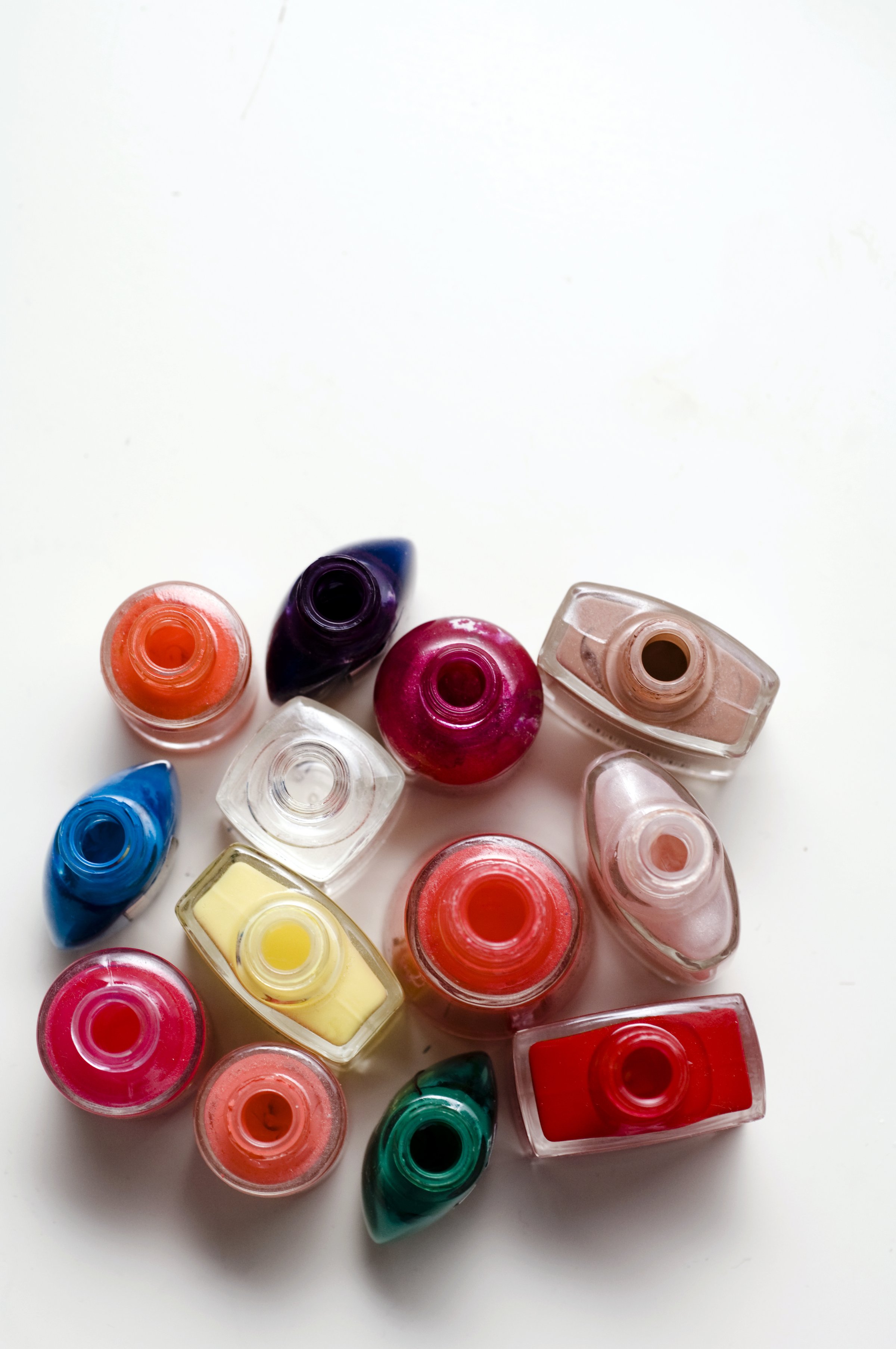
Study after study has come out warning against the dangers of phthalates, a class of chemicals added to all kinds of consumer products like cosmetics, plastic shower curtains, linoleum and glues. The latest comes from Columbia University’s Mailman School of Public Health, published Wednesday in the journal PLOS ONE.
MORE: Plastic Chemicals During Pregnancy Linked to 70% Increased Asthma Risk
The study looked at data from 328 Dominican and African-American women studied by Columbia Center for Children’s Environmental Health, as well as their children. The researchers measured levels of the metabolites of four phthalates in the mothers’ urine when they were pregnant, and children were given IQ tests at age 7.
“We found that children exposed in utero to high concentrations of two specific phthalates had reductions in IQ scores at age 7,” says lead author Pam Factor-Litvak, PhD, associate professor of Epidemiology at the Mailman School. Di-n-butyl phthalate (DnBP) is found in adhesives, glues, organic solvents and printing inks, and di-isobutyl phthalate (DiBP) is prevalent in nail polish, lacquer and personal care products.
MORE: Toxins Found In Nail Polishes Claiming To Be ‘Non-Toxic’
Children whose mothers had concentrations in the highest 25% also had IQ scores 6-8 points below those with mothers in the lowest 25% of exposure, the study found. “That’s actually a substantial effect,” Factor-Litvak says. “Honestly, I think we were a bit surprised that the reduction was so large.” They also saw an association between phthalate concentration and perceptual reasoning, working memory and how long it took the children to process and retrieve information.
Scientists don’t yet know exactly how phthalates might affect IQ, but the authors speculate there are several mechanisms at play. One way, for instance, might be that phthalates act as endocrine disruptors of the mothers’ thyroid hormone—important to a child’s brain development.
MORE: The Other Reason Canned Food Is Raising Your Blood Pressure
These chemicals are nearly impossible to avoid, but the researchers have some guidelines they recommend to the women in their studies—and follow themselves, Factor-Litvak says. Don’t microwave food in plastic; steer clear of scented products, which contain phthalates to help hold the fragrance; store food in glass containers, not plastic; and avoid using number 3, 6 and 7 plastics (they are marked on the bottom), which are full of phthalates and another potential toxin, BPA.
More Must-Reads from TIME
- Cybersecurity Experts Are Sounding the Alarm on DOGE
- Meet the 2025 Women of the Year
- The Harsh Truth About Disability Inclusion
- Why Do More Young Adults Have Cancer?
- Colman Domingo Leads With Radical Love
- How to Get Better at Doing Things Alone
- Michelle Zauner Stares Down the Darkness
Write to Mandy Oaklander at mandy.oaklander@time.com